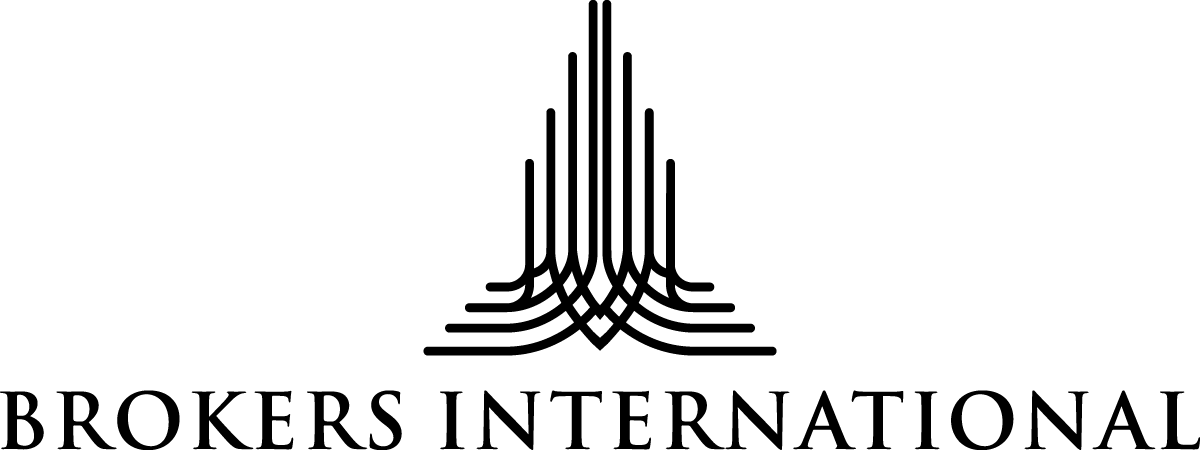Strategic Tenant Selection and Relationship Management for Institutional Clients

Peter Katsarelis

For institutional clients, the performance of their property portfolio is of paramount importance. A critical aspect of optimizing this performance lies in the selection of the right tenants and the effective management of tenant relationships. This article will focus on the importance of these aspects and will include strategies for attracting and retaining high-quality tenants, as well as best practices for managing tenant relationships and resolving disputes.
Selecting the Right Tenants
Importance of Tenant Selection
The selection of tenants is a crucial first step in optimizing the performance of an institutional client’s property portfolio. High-quality tenants – those who pay rent on time, take care of the property, and comply with the terms of the lease – can contribute to the long-term success and stability of the property portfolio.
Strategies for Attracting High-Quality Tenants
- Competitive Pricing: Ensure that the rent is priced competitively for the market. Too high and it may deter potential tenants; too low and it may attract the wrong kind of tenant.
- Comprehensive Marketing: Use a variety of marketing channels, both online and offline, to reach a wider audience of potential tenants.
- Thorough Screening: Conduct a comprehensive screening of all potential tenants, including credit checks, background checks, and reference checks.
Managing Tenant Relationships
Importance of Tenant Relationship Management
Once the right tenants have been selected, it is essential to manage those relationships effectively to ensure the ongoing success of the property portfolio. Effective tenant relationship management can lead to higher tenant satisfaction, lower turnover rates, and ultimately, a more stable and profitable property portfolio.
Best Practices for Managing Tenant Relationships
- Clear Communication: Ensure clear and open communication with tenants from the start. Make sure all terms of the lease are clearly understood by both parties.
- Regular Check-Ins: Conduct regular check-ins with tenants to ensure that they are satisfied with the property and to address any concerns they may have.
- Prompt Response to Requests: Respond to tenant requests and concerns promptly and professionally.
Resolving Disputes
Importance of Effective Dispute Resolution
Despite the best efforts of both parties, disputes may arise during the course of a tenancy. It is essential to address these disputes promptly and effectively to maintain a positive tenant relationship and to protect the interests of the institutional client.
Best Practices for Resolving Disputes
- Open Dialogue: Encourage open dialogue with the tenant to understand their perspective and to work towards a mutually agreeable solution.
- Mediation: If a dispute cannot be resolved through direct communication, consider mediation by a neutral third party.
- Legal Action: As a last resort, legal action may be necessary to resolve a dispute. However, this should be avoided whenever possible as it can be costly and time-consuming for both parties.
Strategic tenant selection and effective tenant relationship management are crucial components of optimizing the performance of an institutional client’s property portfolio. By attracting and retaining high-quality tenants and managing tenant relationships effectively, institutional clients can optimize the performance of their property portfolio, leading to higher tenant satisfaction, lower turnover rates, and ultimately, a more stable and profitable property portfolio.